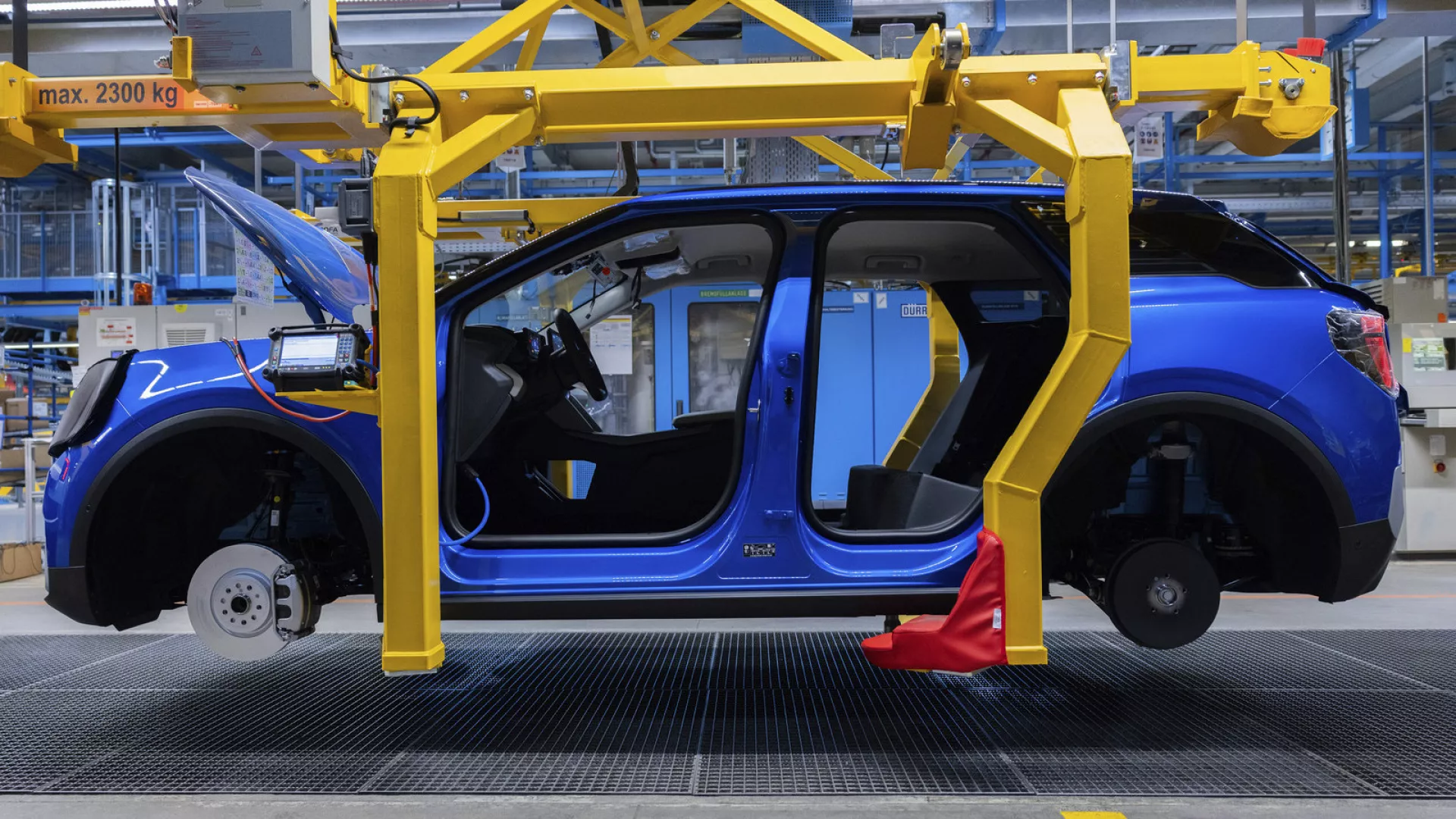Is Europe’s Automotive Industry Facing a Crisis?


Europe’s automotive industry, long a cornerstone of the continent’s economy, is currently grappling with a multitude of challenges that have sparked debates over whether it is in crisis. From supply chain disruptions to the rapid transition to electric vehicles (EVs), the sector is undergoing significant transformations that test its resilience and adaptability.
One of the most pressing issues is the ongoing semiconductor shortage, which has severely impacted vehicle production across Europe. Automakers have faced delays and reduced output as they struggle to secure the necessary chips, essential for modern vehicles’ electronic systems. This shortage has not only slowed down manufacturing but also increased costs, squeezing profit margins and delaying the rollout of new models.
The shift towards electric mobility presents another substantial hurdle. While Europe has set ambitious targets to reduce carbon emissions, the transition to EVs requires substantial investment in new technologies, infrastructure, and workforce training. Traditional automakers are under immense pressure to innovate rapidly, competing with established EV manufacturers from China and the United States. The high costs associated with research and development, coupled with the need to scale production, have strained many companies, particularly smaller manufacturers struggling to keep pace.
Economic uncertainties, including inflation and fluctuating consumer demand, further compound the industry’s woes. Rising material costs and energy prices have led to increased production expenses, which are often passed on to consumers in the form of higher vehicle prices. This trend has dampened demand, as potential buyers become more price-sensitive and cautious about making significant investments during uncertain economic times.
Regulatory pressures also add to the industry’s challenges. Stricter emissions standards and safety regulations require continuous adaptation and compliance, necessitating ongoing investments in cleaner and safer technologies. While these regulations are crucial for environmental sustainability and public safety, they require substantial resources, which can be particularly burdensome for companies already facing financial strain.
Despite these challenges, there are signs of resilience and potential pathways out of the crisis. Investments in digitalization and automation are helping manufacturers streamline operations and reduce dependency on vulnerable supply chains. Additionally, collaborative efforts between governments and the private sector aim to bolster infrastructure for electric vehicles and support research initiatives, fostering innovation and sustainability.
Industry experts remain cautiously optimistic. “While the current landscape is undeniably tough, the European automotive sector has a strong foundation of engineering excellence and innovation. With the right strategic adjustments and continued support, the industry can navigate through these turbulent times and emerge stronger,” says Dr. Elena Müller, an automotive analyst at the European Institute for Automotive Studies.
In conclusion, Europe’s automotive industry is at a critical juncture, facing significant challenges that could be perceived as a crisis. However, with strategic investments, innovation, and collaborative efforts, there is potential for the industry to overcome these obstacles and continue to play a pivotal role in Europe’s economic and technological landscape.
Recent Posts
Investor Confidence in the Eurozone Increases Despite Inflation Concerns
Investor confidence in the Eurozone has shown an unexpected rise, even as inflation rates remain…
Stock Market Opens the Week with a Downturn
The stock market began the week on a negative note, experiencing a sharp decline across…
3,500 Bank Accounts Seized in Italy, Including Those Linked to Prime Minister Meloni
Italian authorities have recently seized 3,500 bank accounts as part of an ongoing investigation into…
40% Additional Tax on Profits in Italy Negatively Affects Markets
A new 40% additional tax on profits, imposed by the Italian government, has created turbulence…
Deutsche Bank Lays Off 100 Employees as Part of Cost-Cutting Measures
Deutsche Bank, one of Europe's largest financial institutions, has laid off 100 employees as part…
Morgan Stanley’s Minimum Wage Forecast: What to Expect in the Coming Years
Morgan Stanley, a leading global financial services firm, has recently released its forecast on minimum…